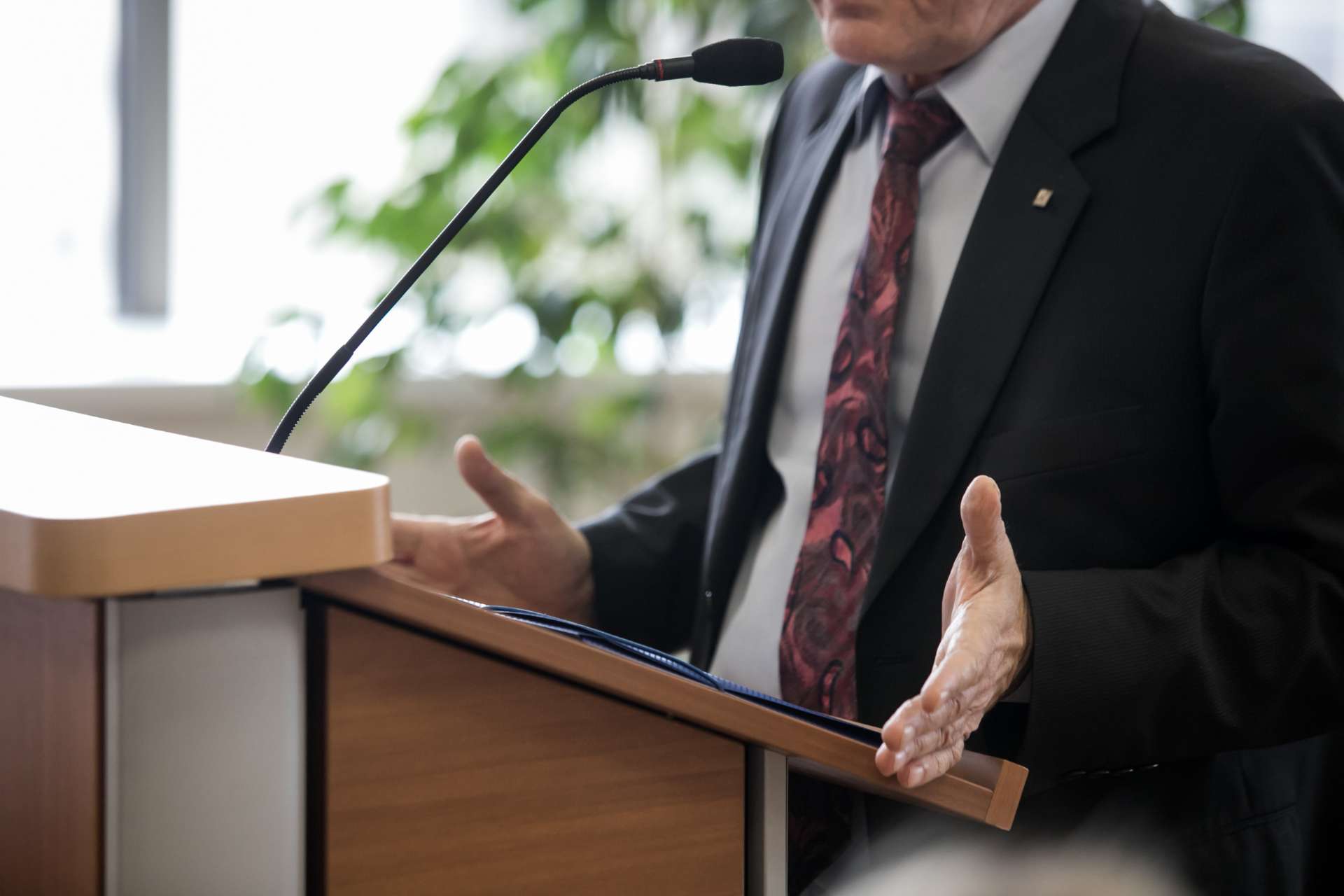More inept expert witnesses (and solicitors)…

…and an annoyed judge.
Those who have read my articles and blogs in recent years will recognise that I have a “thing” about inadequate or incompetent experts. This “thing” developed over many years; as an expert chartered accountant I found it tiresome to have as an opposing expert a chartered accountant who may have been a good general practitioner, but who found it sexy to do a bit of court work between audits and didn’t have the first idea of how to perform.
I tried to solve the problem in two ways. First, I served for 14 years on the Forensic Committee at ICAEW where we devised a scheme of accreditation for forensic accountants and expert witnesses. Out of a total membership of over 155,000, only about 100 of us have reached the necessary standard.
Second, I have sat on the Investigation Committee at The Academy of Experts for many years, and one of our tasks is to assess the performance of Academy members who have been criticised by a judge. The Academy gives excellent training for experts (of many professions) and I am pleased to say that cases where our members have been criticised by a judge are vanishingly rare.
The lesson is obvious: if you wish to practise as an expert witness, you must be an outstanding member of your primary profession, but you must also have taken the trouble to train for your second profession, as an expert.
Moral for solicitors: when appointing experts, ask them what training and accreditation they have as experts. I am a fellow at The Academy, one of only about 60 worldwide. You can be confident my reports will comply fully with CPR or equivalent, that I will not crumble under cross-examination, and so on. These matter to the success of your cases.
Let’s turn to this recent case where things didn’t go smoothly. It is Scarcliffe -v- Brampton Valley Group Ltd [2023] EWHC 1565 (KB). The facts are simple: Scarcliffe was a tree surgeon who injured his lumbar spine in an accident, couldn’t work again and suffered from intense pain. There were arguments about pre-existing medical conditions, and about whether his career would in any event have been shortened..
The claimant’s Schedule of Loss included claims for loss of earnings and for care, and the total claim was a staggering £6,189,507.49.
At least four things went wrong.
First, there was a complicated situation at home, with three children before the accident and a further two by the time of the trial, several of them with special needs. Did the need for childcare arise as a direct result of the accident?
Second, the judge found that the evidence of Mr Scarcliffe and of his wife was not credible about the home situation before and then after the accident so that the claims in the Schedule for loss of earnings and for care were “unsustainable”.
Third, the claimant’s orthopaedic expert had changed his opinion several times, so that his evidence was rejected.
Fourth – and this is where we see the main lesson to be learned by both experts and by instructing solicitors – the pain experts had not been informed that the orthopaedic expert had changed his mind, so they attended trial and gave evidence without knowing that the report on which they had based their opinions was no longer in evidence. The two lessons to be learned were obvious: instructing solicitors must advise their experts if the evidence changes, and experts must constantly ensure that their opinions are still valid, and inform those instructing them if their opinions change.
Let me spell this out. A condensed wording is in CPR Part 35, but the wording from the Ikarian Reefer is even clearer:
“If, after exchange of report, an expert witness changes his view on a material matter having read the other side’s expert report or for any other reason, such change of view should be communicated (through legal representatives) to the other side without delay and when appropriate to the court.”
The trial judge Mr Justice Cotter, a judge very experienced in multi-million pound personal injury and clinical negligence cases, took the exceptional step of writing to the experts to ask them if their opinions were still valid. They went blindly into the witness box anyway.
There were other weaknesses in the claimant’s case which came out at trial. One was to ask whether all the aids and appliances were really necessary. Another was to ask if a claim was being made for care which would in any case have been given by the wife, or childcare by the grandparents. And – this a real bloomer – the claim for childcare had been quantified up to the claimant’s expected retirement date when the children needing help with school runs would have been in their late twenties! Yet the care expert ran the cost of the school run-up to the retirement date, and the solicitors blindly copied that into the Schedule of Loss. Cotter J was not amused.
After all these unsafe elements of loss had been weeded out at trial, the final award of damages was £275,063.03, a mere 4.4% of the original claim. The judgment I have seen does not speak of the costs awarded, but I anticipate there would be little to fund the claimant’s loss of earnings and care costs.
Lots of lessons here, for experts and for solicitors.
